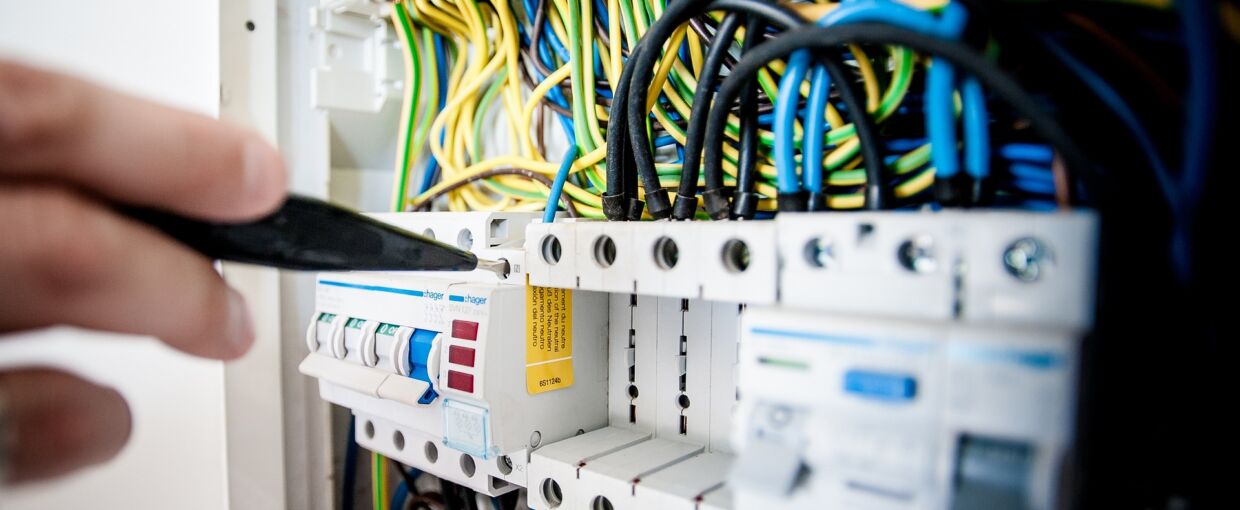Bills can be a pain! But once you understand them, everything becomes easier. Don’t worry, The Student Energy Group are here to break down how electricity bills work.
Breaking Down Your Electricity Bill
With your electricity bill, you’ll pay a daily standing charge and a standard unit rate. So, what does that mean exactly? Let’s begin with the standard unit rate. This will usually come under either a fixed tariff or standard variable.
- Fixed: On this tariff, you’ll pay a set amount for each unit used. If a unit costs you 24p one month, it will cost the same the next. If you start using more energy than usual however, then your bill may increase. It will stay this way until your contract finishes which is usually over a one-year period. In some cases, you can ask for this to be longer. With TSEG, our fixed tariff comes under Silver Birch.
- Standard variable: This means the amount you pay for kilowatts may change over time. This is affected by how much money energy costs at the time. One month, you might pay 25p for a unit and the next it might go up to 30p.
You’ll also have a standing charge on your bill. You’ll have to pay this fixed amount daily even if you don’t use electricity that day. This covers things like meter reading visits and the money needed to maintain the energy supply network.
What to Look Out for on your Bill
When moving in, it’s important that you identify which tariff you’re on. You’ll be able to see this on your electricity bill. Make sure your details are correct as well.
What Can Affect your Electricity Costs
There’re internal factors like how much energy you use and your tariff structure. But there’re also external things affecting your electricity costs:
- The weather: Something like the extreme cold would make energy costs rise as people try to stay warm.
- The source of electricity production: Nuclear power for example could increase in price due to the cost of uranium rising.
Choosing an Energy Plan
If your bills aren’t included with your student property, you may need to find an energy plan that works for you. Think about what tariff you’d rather be on and if you want a short or long-term plan. You should also consider the energy needs of your home to help you make a decision.
How to Monitor Your Energy Usage
There’re different ways of doing this.
- One is using a smart plug. These can track the energy usage of specific devices.
- Take regular meter readings. Look for changes and think about what might be causing them.
- You could get an energy monitor. These tabletop devices show you how much energy you are using in the home.
How to Reduce Your Electricity Bill
There’re many small things you can do around the house to try and reduce the amount you pay for your electricity bill. Some of these include:
- Turn off any lights when they don’t need to be on
- Take shorter showers
- Avoid using the tumble dryer when possible
- Switch to LED bulbs
- Turn anything off which is on standby
How to Handle an Error in your Electricity Bill
An error may be that you’ve been overcharged, or your costs have increased without notice. You should dispute the bill with your energy supplier. You’ll find their contact information on your bill or their website. When doing this, provide any evidence and reasons for disputing it. Your evidence could be meter readings.
Split your Electricity Bills with The Student Energy Group
We combine all your monthly statements into one here at The Student Energy Group. This includes energy, internet, water and more. This can then be split between everyone in your house by using our student bills packages. You’ll find managing your expenses easier if you sign up with us. We’ll plant a tree as a step towards helping the environment as well. Get a free quote from us today.



